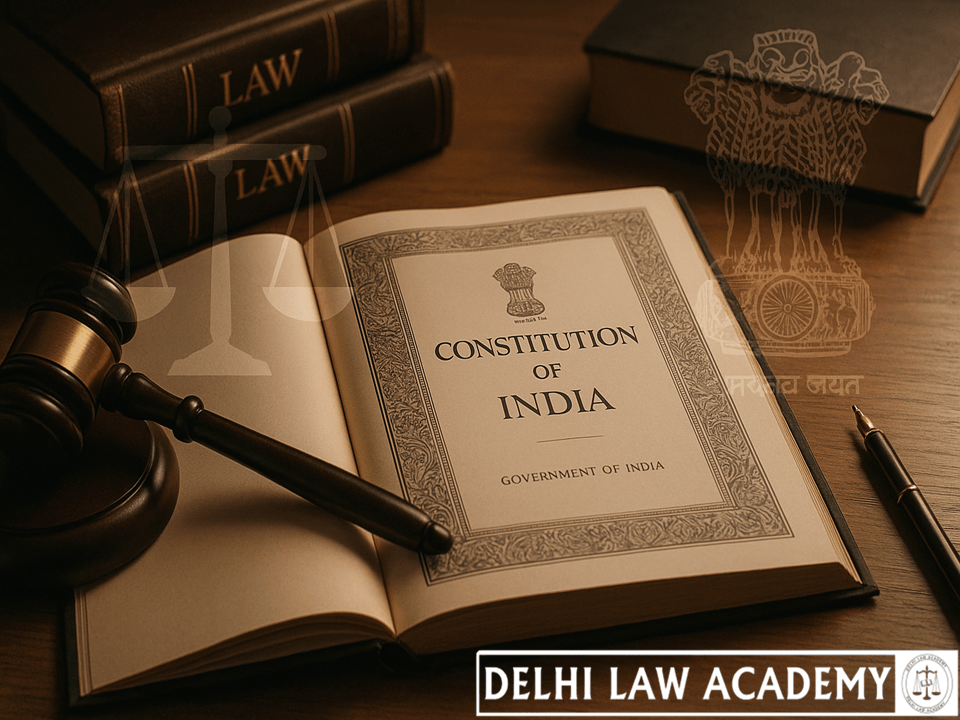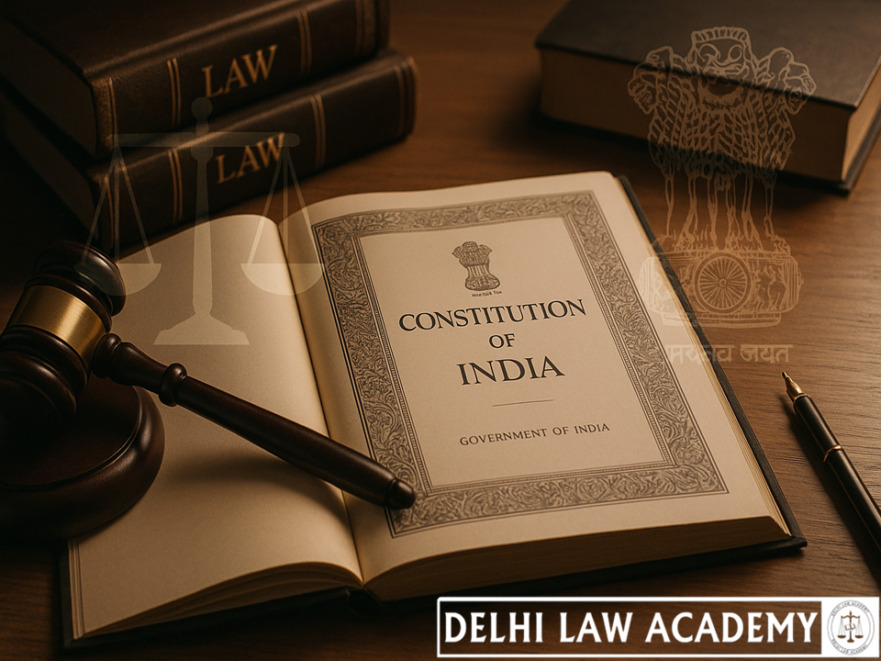
⚖️ TRIBUNALS, SCs, STs & SEBCs — Articles 323A–323B & 341–342A
TRIBUNALS, SCs, STs and SEBCs
ARTICLES 323A – 323B
ARTICLES 341 – 342A
📌 Topics Covered
- Scheduled Castes
- Scheduled Tribes
- Socially and educationally backward classes
- Administrative Tribunals
- Tribunals For Other Matters
President may specify castes, races or tribes with respect to any State to be deemed as Scheduled Castes for that State.
President may specify tribes or tribal communities with respect to any State to be deemed as Scheduled Tribes for that State.
President may specify for any State the socially and educationally backward classes which shall be deemed to be socially and educationally backward classes for that State.
📘 Constitutional Provisions
⚖️ ADMINISTRATIVE TRIBUNALS
Section 323A(1)
Parliament may by law
– provide for adjudication or trial by administrative tribunals
– of disputes and complaints
– with respect to recruitment and conditions of service
– of persons appointed to public services of the Union or any State or any local or other authority or any corporation owned or controlled by Govt
Section 323A(2)
• A law so made
- (a) may provide for establishment of an administrative tribunal for the Union and a separate administrative tribunal for each State
- (b) may specify jurisdiction, powers (including contempt powers) and authority
- (c) may provide procedure including limitation and rules of evidence
- (d) may exclude jurisdiction of all courts except Supreme Court under Article 136
- (f) repeal or amend any order made under Article 371D(3)
Section 323A(3)
Provisions of this article shall have effect notwithstanding anything in other provisions of this Constitution or in any other law
⚖️ TRIBUNALS FOR OTHER MATTERS
Section 323B(1)
Appropriate Legislature may by law provide for adjudication or trial by tribunals of disputes, complaints or offences with respect to matters listed in clause (2)
Section 323B(2)
Matters include:
- Taxes
- Foreign exchange, import/export
- Labour disputes
- Land reforms and ceilings
- Urban property ceiling
- Elections (excluding Articles 329 & 329A)
- Food-stuffs distribution and prices
- Rent control & tenancy issues
Section 323B(3)
Law may:
- Provide hierarchy of tribunals
- Specify jurisdiction and powers
- Provide procedure and evidentiary rules
- Exclude jurisdiction of courts except SC under Art 136
Section 323B(4)
Article has overriding effect over all other laws
Explanation:
“Appropriate Legislature” = Parliament or State Legislature competent to make laws on that matter
🟦 Article 341 — Scheduled Castes
Parliament may include/exclude from the list.
🟧 Article 342 — Scheduled Tribes
Parliament may include/exclude from the list.
🟩 Article 342A — Socially & Educationally Backward Classes
Parliament may modify the Central List of SEBCs.
📘 Stay Ahead with Delhi Law Academy!
Get access to free monthly current affairs, read our insightful blogs,
and explore free study resources prepared by experts at DLA Jaipur. 🚀
✅ FAQs on Tribunals, SCs, STs & SEBCs
Contact us
📍 Delhi Law Academy – Jaipur Branch
6C, Tower 2, Coaching Hub, Pratap Nagar, Jaipur – 302033
📞 Phone:
+91 9911916552
+91 8447285606
✉️ Email:
contactus@delhilawacademy.com

